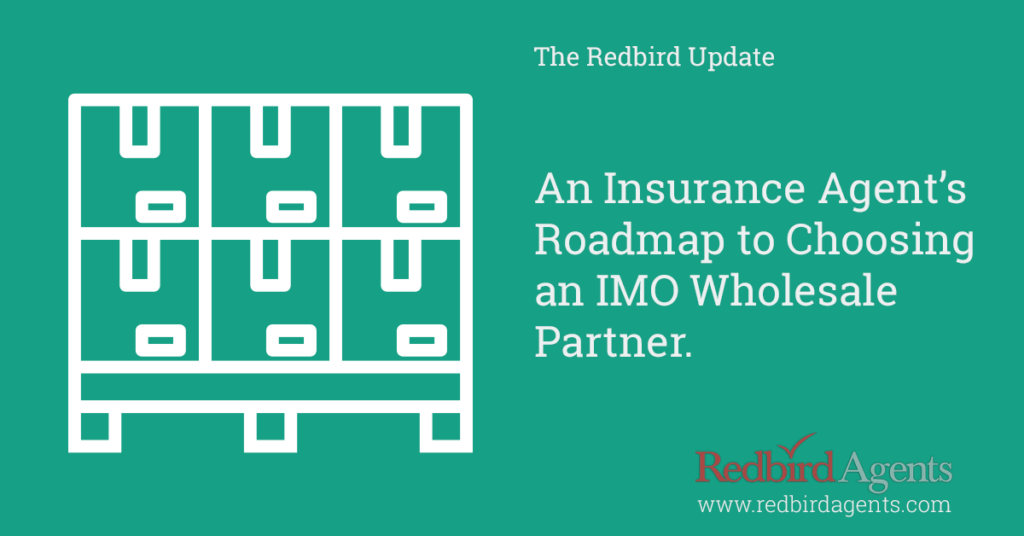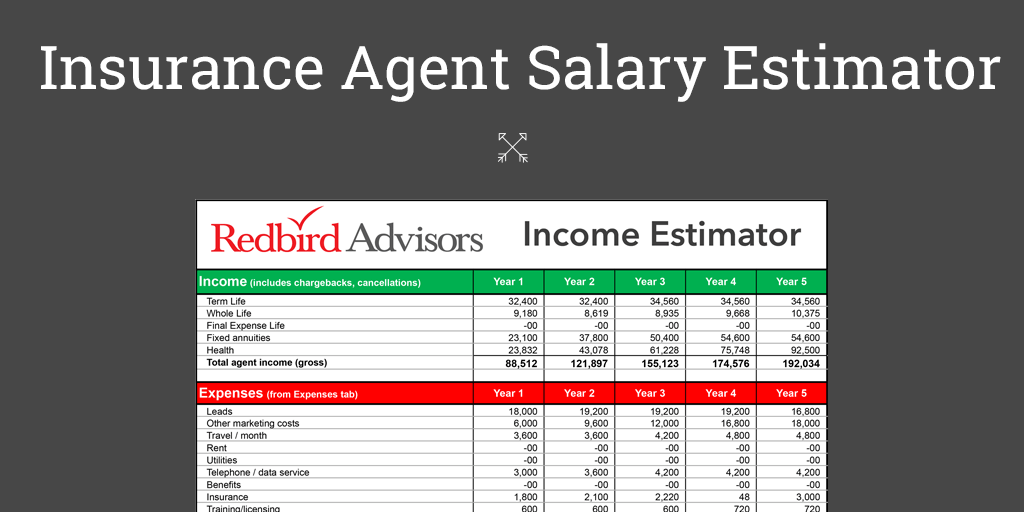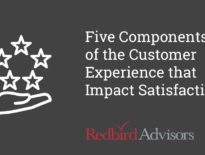
Navigating the insurance landscape can be challenging for insurance agency owners. From understanding various acronyms and abbreviations like IMO, FMO, and MGA, to managing relationships with insurance carriers, there is a lot to consider. One critical decision is selecting the right Insurance Marketing Organization (IMO) or Field Marketing Organization (FMO) to partner with.
This decision of choosing the top IMO insurance company can significantly impact the success track of independent insurance agents and agencies.
Best Practices to Find the Best IMO
- Understand Your Needs: Before starting your search for the best IMO, it is crucial to have a clear understanding of your agency’s needs. Do you need more support with sales support, marketing materials, product training, or administrative tasks? Are you looking for a broader range of insurance products, including life insurance, health insurance, Medicare, or annuity products? Make a list of your top priorities.
- Research IMOs: Take the time to research various IMOs and FMOs. Understand the services each IMO offers, their relationships with insurance carriers, and the support they provide to independent insurance agents. Some IMOs specialize in certain areas, like Medicare or health insurance, while others offer a broader range of insurance products.
- Evaluate Commission Structure: One of the main reasons insurance agency owners partner with an IMO is to get access to higher commissions. Evaluate the commission structure of each IMO carefully. Some IMOs may offer higher commissions but provide less support and resources. Find a balance that works best for your agency.
- Assess Training and Support: The best IMO for your agency will offer comprehensive training and support. This includes product training, sales support, marketing materials, and administrative support. A top-level IMO will provide resources to help you grow your business, stay informed about industry changes, and serve your clients better.
- Check References and Reviews: Ask for references from other insurance agency owners or independent insurance agents who have worked with the IMO. Check online reviews and social media to get a sense of the IMO’s reputation in the insurance industry.
- Consider Technology and Tools: In today’s digital age, having access to top-notch technology and tools is essential for success. Evaluate the technology and tools the IMO provides, including enrollment platforms, CRM systems, and social media support.
- Understand the Contract: Carefully review the contract with the IMO. Pay attention to details like the commission structure, the support and resources provided, and any other obligations or commitments. It may be helpful to consult with a legal professional to ensure you fully understand the contract.
Want to Discuss Your IMO options?
Frequently Asked Questions
What is an IMO in insurance?
IMO is an abbreviation for Insurance Marketing Organization. An IMO serves as an intermediary between insurance carriers and independent insurance agents. It provides a range of services to agents, such as product training, sales support, marketing assistance, and administrative support.
Some companies also refer to IMO as independent marketing organization.
What distinguishes an IMO from an FMO?
An IMO, or Independent Marketing Organization, usually specializes in life insurance and annuity products, whereas an FMO, or Field Marketing Organization, might offer a broader range of insurance products, including health and Medicare. Both acronyms are often used interchangeably in the insurance industry, but there can be subtle differences.
What constitutes a life insurance IMO?
A life insurance IMO is an independent marketing organization that specializes in life insurance products. It provides independent insurance agents with access to a variety of life insurance products from different insurance carriers, along with training, marketing support, and administrative assistance.
How does an IMO generate revenue?
An IMO aggregates the sales of multiple independent insurance agents, enabling them to negotiate higher commission rates with insurance carriers. The IMO then receives a portion of the commissions earned by the agents they support.
What are the reasons to work with an IMO?
Working with an IMO offers several benefits to independent insurance agents, including access to a wide range of insurance products, higher commission rates, comprehensive training and support, marketing and sales assistance, and administrative support. These advantages make an IMO an attractive partner for insurance professionals looking to grow their insurance business.
What functions does an IMO perform? An IMO provides a variety of services to independent insurance agents, including:
- Product Distribution: Distributing a wide range of insurance products from multiple carriers.
- Training and Education: Providing product training, educational resources, and updates on industry regulations.
- Marketing and Sales Support: Offering marketing materials, sales tools, lead generation services, and social media support.
- Administrative Support: Handling back-end processes such as application processing, underwriting support, commission tracking, and enrollment platforms.
- Commission Aggregation: Aggregating the sales of multiple agents to negotiate higher commission rates with insurance companies.
What are the benefits of using an IMO? ‘
Using an IMO provides several advantages, including:
- Access to a Diverse Range of Products: IMOs offer access to a broad array of insurance products from multiple insurance carriers, allowing agents to provide their clients with a wider range of options.
- Higher Commissions: By aggregating the sales of multiple agents, IMOs can negotiate higher commission rates, enabling agents to earn more money.
- Comprehensive Support: IMOs provide comprehensive training, marketing, sales, and administrative support, helping agents grow their business, stay informed, and serve their clients better.
- Streamlined Processes: IMOs handle back-end processes, allowing agents to focus on selling and building relationships with clients rather than getting bogged down with paperwork.
Conclusion
Selecting the right IMO or FMO is a critical decision for insurance agency owners and independent insurance agents. It is essential to take the time to thoroughly research and evaluate potential IMOs, considering factors like commission structure, training and support, technology and tools, and contract terms.
By following these best practices, you can maximize your chances of finding the best IMO for your agency and setting yourself up for success in the insurance business.


